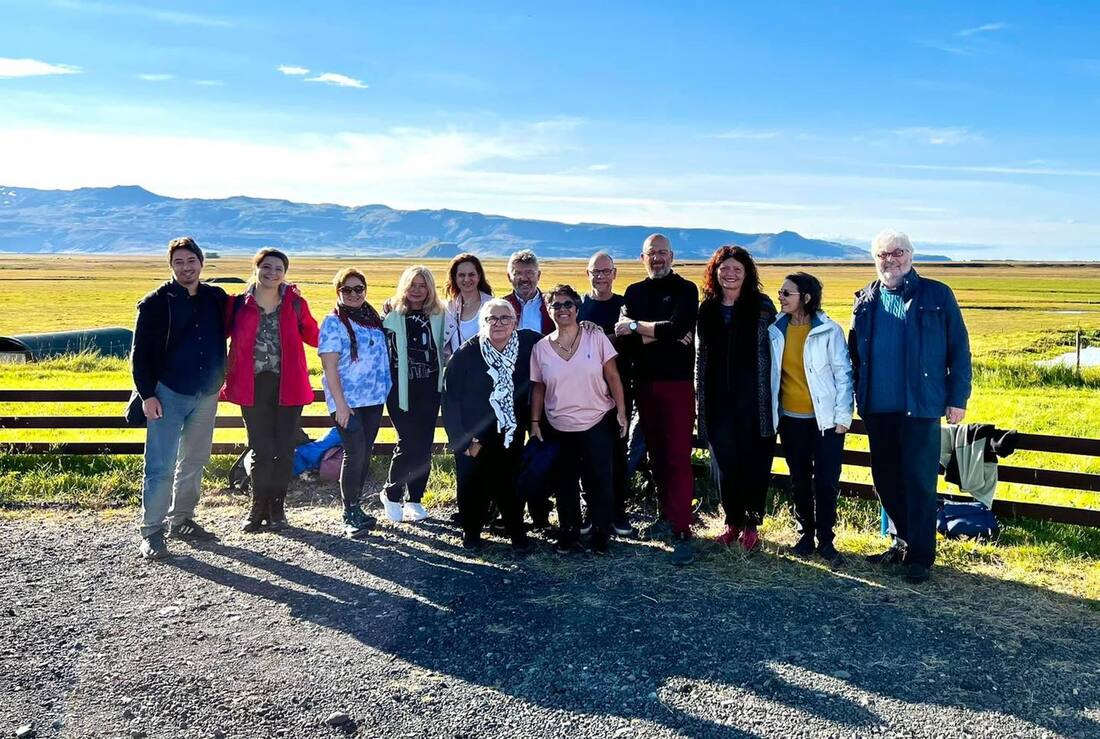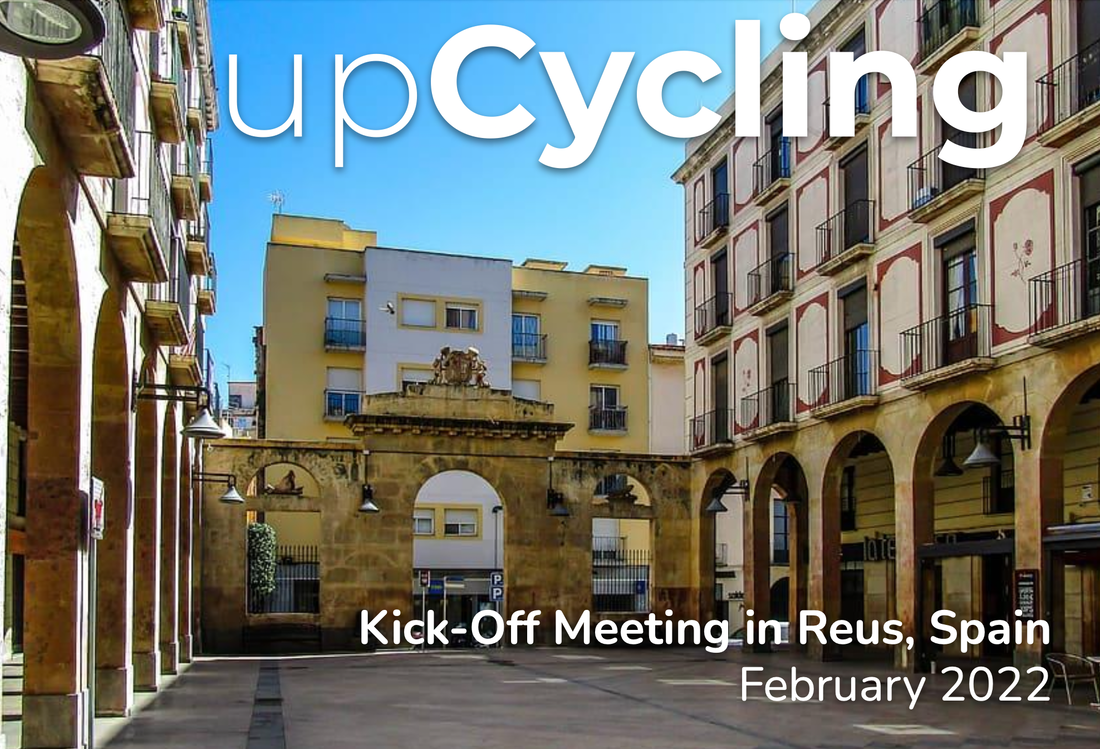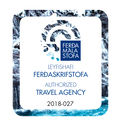|
GeoCamp coordinates and participates in the Erasmus+ funded project HEDA along with partners from Greece, Serbia, Italy, Poland and Belgium.
The project will introduce art for the improvement of citizenship education in Europe, fact which will allow on the one hand to enhance the acquisition of social and civic competences, to foster knowledge, understanding and ownership of values and fundamental rights and on the other hand to enhance critical thinking among students and teachers. The first transnational project meeting took place in Iceland in August. For more information please visit https://heda-project.eu GeoCamp Iceland participates in the Erasmus+ funded project "UPCYCLING as a way to generate less waste and create value-added products in a creative way". The first project meeting was held in Reus, Spain in February 2022.
Here you can read the first upCycling newsletter in English [PDF] or Icelandic [PDF]. The Icelandic Erasmus+ National Agency awarded in total fourteen project grants on 14 October 2021, including a €320.000 grant to the UPCYCLING project led by Reykjanes UNESCO Global Geopark and partnered by amongst others GeoCamp Iceland. These are the first projects to receive grants after the new Erasmus+ programme launched which will bring over €26.2 billion to support mobility and cooperation in the years 2021-2027.
The UPCYCLING project - which officially starts in February 2022 and runs for 30 months - will focus on ways to generate less waste and create value-added products in a creative way. The objectives will be to develop and disseminate educational material on climate change and recycling for primary schools. This is the first Erasmus+ project to be led by Reykjanes UNESCO Global Geopark and the first time GeoCamp Iceland participates in an Erasmus+ partnership. "With the project we are strengthening further our cooperation with Reykjanes UNESCO Global Geopark with focus on educational development in the area" says Arnbjorn Olafsson, Managing Director of GeoCamp Iceland. "We've previously been working with Sudurnes Science and Learning Center on developing international Science Camps in Reykjanes, and we are currently working with Keilir Academy in Iceland as well as the Technical University of Liberec and Geopark Ralsko in the Czech Republic on developing educational and training material for geo-teachers. Along with this first Erasmus+ project we participate in we hope to be able to generate increased interest in earth science and climate change, as well as encourage young people to actively take part in understanding the World they live in and the Earth they live on." Along with the two Icelandic partners, other partners in the UPCYCLING project include Polygonal in Italy, Nefinia in the Netherlands, Open Europe in Spain, Agrupamento de Escolas do Barreiro in Portugal and Szkola Podstawowa in Poland. |
Archives
April 2024
Categories
All
|
|
GeoSchool - GeoCamp Iceland is an educational project dedicated to increasing knowledge and understanding in natural sciences with practical and active learning. We develop educational content, student and teacher guides and curricula, organize and receive international study groups focusing on STEM education.
|




 RSS Feed
RSS Feed

